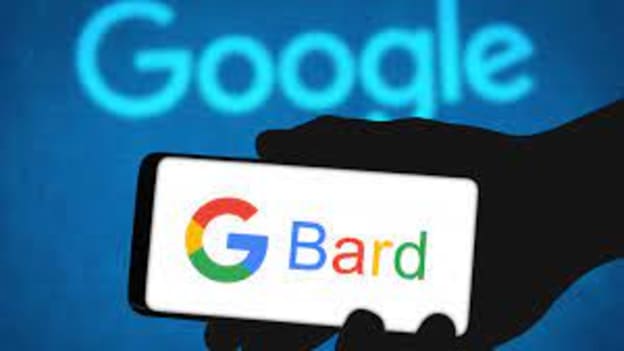Google unleashes early access to Bard

Google is moving to unveil public access to Bard, the conversational computer application, that is billed as an answer to the viral chatbot ChatGPT.
It has, however, yet to integrate the new tool into its flagship search engine. Google declared itself an “AI-first” company in 2017 and has been placing bets on AI since the 2000s. The company announced that it’s going to roll out new generative AI features to counter the massive success of OpenAI’s ChatGPT.
Like OpenAI’s ChatGPT and Microsoft’s Bing chatbot, Bard is a chatbot based on a large language model. You can interact with Bard to ask questions and refine the answer with follow-up queries.
A new chatbot called Bard is going to challenge ChatGPT, a new conversational search feature that returns a package of multimedia search results, and a new generative AI API upon which developers and creatives can build their own apps.
Google’s CEO Sundar Pichai said in a blog post that its new ChatGPT-like Bard chatbot, which is built atop Google’s powerful natural language processing model LaMDA (Language Model for Dialogue Applications), will soon be released to a group of “trusted testers” outside the company.
After some safety issues and other kinks are worked out, Google says, the tool will be released to the general public, but it declined to give a time frame for general availability.
Pichai said Bard's function is to draw information from the web to provide fresh, high-quality responses.
“Bard can be an outlet for creativity, and a launchpad for curiosity, helping you to explain new discoveries from NASA’s James Webb Space Telescope to a 9-year-old, or learn more about the best strikers in football right now, and then get drills to build your skills,” Pichai wrote on the Google blog.
The search engine giant said it is introducing generative AI into its search product for broad searches where there is more than one correct answer. So, if the user asks the search engine, “Is the piano or guitar easier to learn, and how much practice does each need?” It might return a package of multimedia content that answers a variety of questions inherent in the request (i.e., “What are the most popular ways of learning piano scales?”). It might return different subjective viewpoints on the question from people who know.
Pichai gave a detailed account of the functionalities of the new program. “So you can quickly understand the big picture and learn more from the web: whether that’s seeking out additional perspectives, like blogs from people who play both piano and guitar or going deeper on a related topic, like steps to get started as a beginner."
He further said the new search features would “begin rolling out on Google Search soon.”
Google's decision to launch new tools to enable developers and creators to build their own applications using AI, AI cloud services, and AI-assisted ad campaigns is going to be good for creators.
Pichai mentioned in his post that Google will next month begin giving individual developers, creators, and enterprises access to its Generative Language API (initially powered by LaMDA). The end user can use this API to build their own natural language apps.
The search engine giant is going to work through Google Cloud partnerships with Cohere, C3.ai, and Anthropic to help extend the API to more partners. AI race gathers steam Google's decision is seen as part of a broader move to imbue more of its products and services with AI.
It can be Google's PR effort to take back some of the massive mainstream attention its rival OpenAI has received for ChatGPT.“We continue to invest in AI across the board, and Google AI and DeepMind are integral to a bright AI-first future. . . ,” Pichai said during an earnings call with analysts last week. “We are just at the beginning of our AI journey, and the best is yet to come.”














